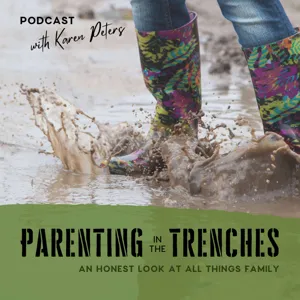Our Kids & Sexual Health: Tips and strategies for educators & parents who want to update their approach to sexual health education

If you are a parent, please take a second to forward this to all the educators in your world who have the important responsibility of providing education to kids and youth about their sexual health, their body health and their physical and sexual development.
Wherever you're at in your knowledge about how to educate kids about sex, this is not a static topic - it is hugely dynamic and changing. Similar to keeping up with fast changes in the digital world, knowing how to keep current with appropriate and inclusive languaging around reproductive health, gender and how kids are communicating with one another about sex, is a topic that in the last decade has many of us educators and parents scrambling to know how to keep current.
Please listen carefully to this conversation and notice what happens for you as you soak it in. Does it empower you, make you uncomfortable, challenge your assumptions, prepare you better for what kids are bringing to you? Whatever reactions you have, my hope is it moves you in a direction that offers kids and youth more safety, more inclusion and more understanding.
This episode is the last one in our 4-part series on Our Kids & Sexual Health. In the previous episode show notes we share some resources for further learning that you might want to take a moment to check out. We've included books and websites appropriate for your kids of all ages, for specific topics like sex education with people with disabilities, and information for you to explore that might help you shift your own understanding how you were taught about sexual health by parents, educators, media, and peers.
Thank you for learning with us!
Karen